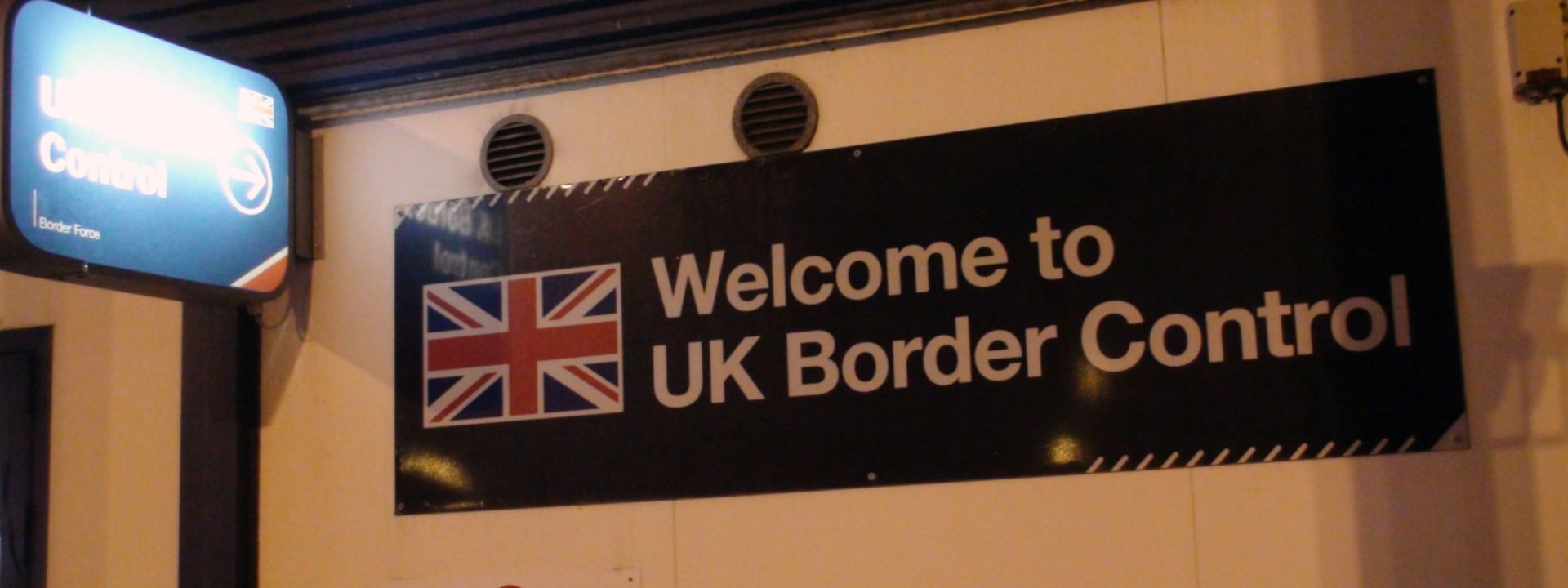The UK government has rejected proposals to impose a legal cap on immigration, opting instead for workforce training requirements for key industries reliant on migrant workers. This decision follows internal discussions within the Labour administration about strategies to reduce net migration while balancing economic growth and skills shortages.
No Fixed Migration Cap, But Stricter Rules for Employers
Despite earlier suggestions from some Labour-backed think tanks and officials, Prime Minister Keir Starmer has decided against setting a hard limit on immigration numbers. Instead, the government plans to introduce:
- Stricter visa conditions for mid-skilled roles such as construction and social care, requiring employers to demonstrate a plan to train and recruit domestic workers before hiring migrants.
- A "tightly controlled framework" for jobs below graduate level, forming part of upcoming legislative plans.
- A continued focus on attracting highly skilled professionals, particularly in fields such as Artificial Intelligence (AI) and life sciences, as signaled by Chancellor Rachel Reeves.
Why Labour Is Shifting Its Approach
The move to tighten migration policies comes as Labour faces growing pressure from anti-immigration Reform UK and opposition Conservatives, both of whom support stricter immigration controls.
- Reform UK, led by Nigel Farage, has called for a freeze on non-essential migration.
- The Conservative Party has proposed an annual migration cap, a policy that had existed under previous Tory governments but was never enforced.
- Labour MPs from northern constituencies where immigration is a major concern are urging tougher border controls.
A senior Labour official defended the decision to reject a legal cap, stating:
“We will learn lessons from the disaster of the Tories who set arbitrary targets they never met. We won’t make the same mistake.”
Challenges for Employers and Sectors Relying on Migration
Business leaders and industry groups have raised concerns that tightening visa requirements for mid-skilled jobs could exacerbate labor shortages.
- The adult social care sector, which has seen a large influx of migrant workers since 2022, warns that workforce shortages will persist unless additional government funding is provided.
- The Migration Advisory Committee (MAC) cautioned that boosting domestic training may not reduce reliance on foreign workers if employers cannot offer competitive wages.
Concerns Over Visa Switching and Long-Term Migration Trends
The government is also investigating visa-switching practices, where migrants use different visa pathways to secure long-term residency in the UK.
- 1 in 5 graduate visa holders have switched to work visas in the social care sector, compared to just 6% of UK graduates entering low-paid service jobs.
- MAC reports suggest that some individuals switch visas strategically to gain settled status.
What’s Next?
The Labour government’s finalised migration policies will be unveiled next month, with legislative changes expected. While there is no fixed cap on migration, employers will face stricter hiring rules for mid-skilled roles. Meanwhile, debates over border controls, visa switching, and migrant worker wages are likely to continue shaping the UK’s immigration landscape.
For the latest updates on UK immigration policies, stay informed with Worldwide Immigration. If you are an employer or individual affected by these changes, contact us for expert legal guidance.


